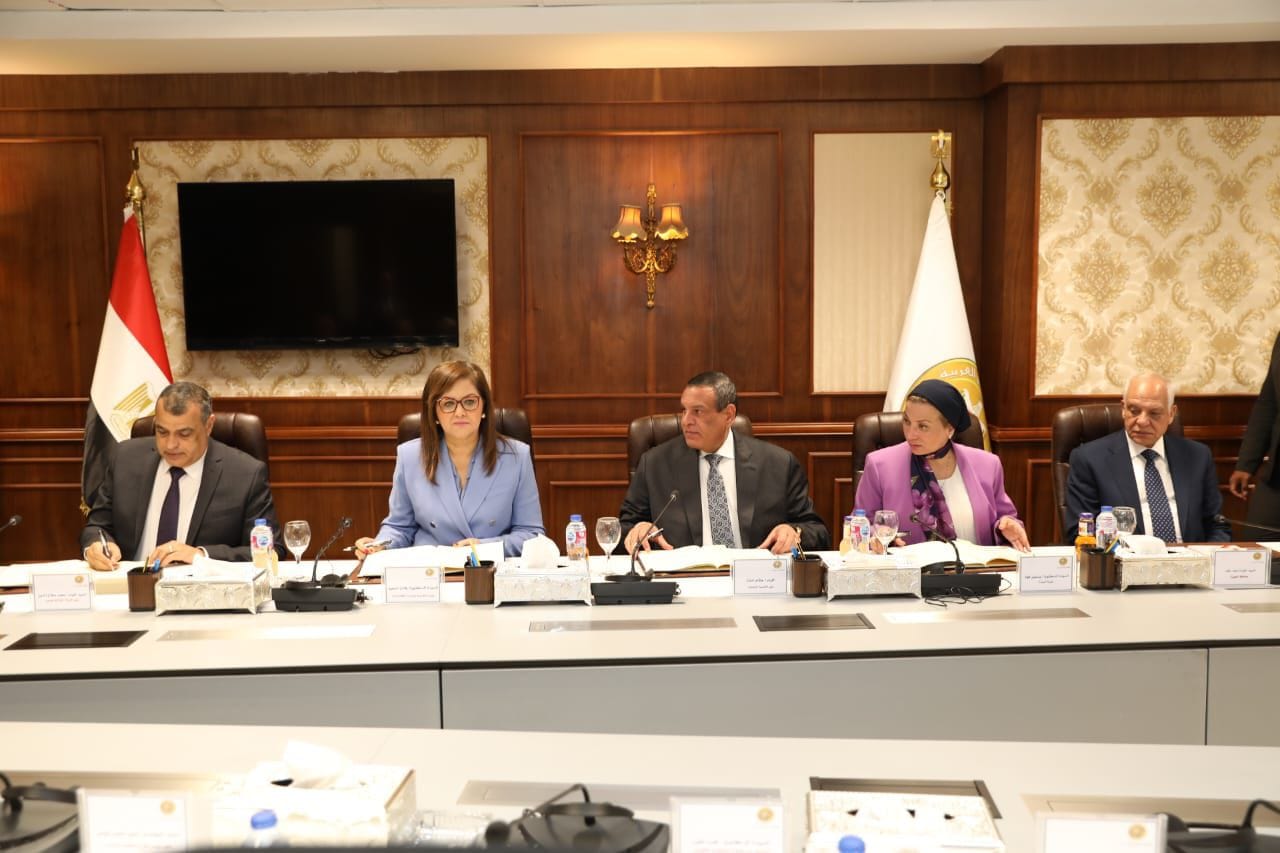Egypt goes ahead with new cutting-edge municipal solid waste recycling plant in Giza
Egypt’s Ministers of Planning and Development, Local Development, Environment, and Military Production signed contracts on Thursday to move forward with a long-awaited municipal solid waste (MSW) recycling plant in Giza’s Shabramant district, according to a Cabinet statement.
The 495 million Egyptian pound ($10.5 million) project is part of the country’s broader infrastructure plan for waste management (2023/2024 – 2024/2025).
The move aligns with President Abdel Fattah al-Sisi’s directives for a new MSW management system. The goal is to improve environmental and public health conditions, reduce pollution, and establish a national waste management industry. The new system is a key component of Egypt’s Vision 2030 and its commitment to sustainable development.
Minister of Planning Hala al-Saeed emphasised that the project supports the government’s transition to a green economy, saying her ministry is actively integrating environmental considerations into national plans. This includes a guide for environmental sustainability standards and increasing the allocation of public green investments from 15 per cent in 2020/2021, to 40 per cent in the current year (23/2024), and to 50 per cent by 2024/2025.
The new system not only promotes environmental well-being but also offers economic benefits. Recycling technology can generate clean energy sources, and the project itself is expected to create new job opportunities for young people, she added.
Minister of Local Development Hisham Amna provided details on the plant. Built on a 17.8-feddan area, the plant will process a significant 640 tons of waste daily. He said the project is a major step forward for localising the waste recycling technology
The location in Shobrament was strategically chosen due to existing safe landfills, minimising transport costs. The entire complex will handle waste transportation, recycling, and final disposal in a comprehensive way, Minister Amna added.
Minister of Military Production Mohamed Salah Eldin elaborated on the plant’s environmental and economic benefits. By using advanced technology, the plant will produce: organic fertiliser (compost), which will lessen reliance on imported fertilisers, and the alternative fuel (RDF), used in cement factories, which can help lower the import bill for traditional fuels like coal and fuel oil.
https://www.facebook.com/EgyptianCabinet/posts/pfbid022svHcTovp258vHQrtGR5uzoqKhLnegFUdJ3uwRLAhWpDP7LcMFe8Mex8XCfdD6Jil


